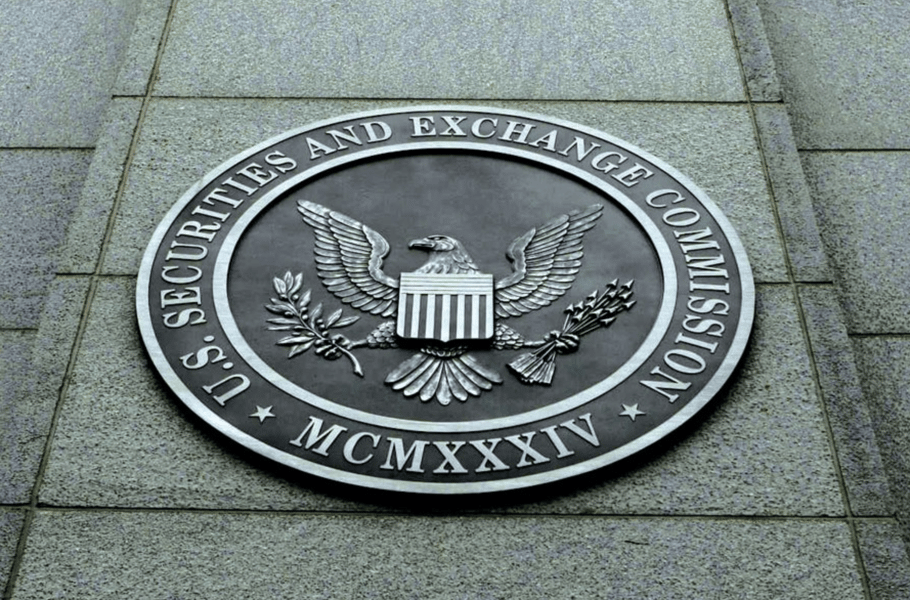The
Securities and Exchange Commission emphasized retail investor protection in its
annual enforcement report the agency released last week, using several cases that involve investment advisory and brokerage firms to make the point.
"Retail investors are often particularly vulnerable to bad actors in the securities markets, and we have made addressing misconduct against them a top enforcement priority,"
the report stated. "One area of particular focus was on misconduct that occurs in the interactions between investment professionals and retail investors."
These five cases are among those the regulator highlighted:
• Under the
share class selection disclosure initiative, advisory firms were given a chance to self-report incidents where they failed to disclose to clients that they recommended mutual funds with 12b-1 fees when less expensive share classes were available in the same fund. The effort has resulted in the SEC ordering 95 firms to return more than $135 million to harmed investors.
• A Ponzi scheme that involved more than 8,400 retail investors of
Woodbridge Group of Companies. The SEC said it "worked aggressively…to locate and preserve significant assets." In January, a court ordered the firm and former owner and chief executive Robert Shapiro to pay more than $1 billion in fines and disgorgement.
[Recommended video: Schwab conference filled with talk of 'frothy' markets and possible impeachment impacts]
•Two Chicago-based units of the Bank of Montreal,
BMO Harris Financial Advisors Inc. and BMO Asset Management Corp., agreed to pay $38 million to settle charges that the firm failed to disclose conflicts of interest that resulted in clients incurring higher fees through proprietary funds.
•
BB&T Securities reached a $5.7 million settlement with the SEC over allegations that an acquired subsidiary, Valley Forge Asset Management, misled advisory clients to select in-house full-service brokerage services over less expensive outside options.
• Brenda Smith, a Philadelphia investment adviser with
Broad Reach Capital, was charged in a New Jersey federal court with four counts of wire fraud and one count of securities fraud on Aug. 27. She faces a maximum of 20 years in prison on each of the fraud charges. The SEC also charged Ms. Smith with civil fraud, alleging she raised about $105 million from 40 investors since 2016.
Register now for our ESG & Impact Forum at the U.N. on Dec. 5.







